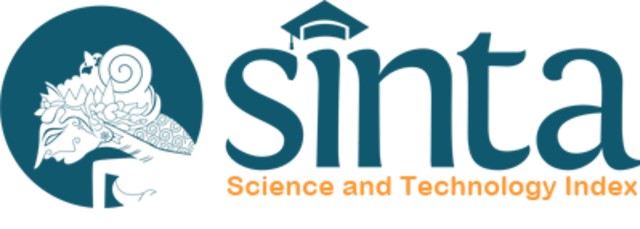Evaluasi Program Penyaluran Dana Zakat, Infaq dan Shadaqah Kepada Pelaku Usaha
Abstract
The role of the Amil Zakat Institution (Laznas) Berdaya Sejahtera Mandiri (BSM) for the Ummah is to manage the ZIS funds (zakat, infaq, shadaqah) as well as possible and as safely as possible in the form of programs that are beneficial to the people and have sustainable benefit values. The aims of the research are (1) to analyze the program process for channeling ZIS funds to business actors; (2) Analyzing the performance and development of program beneficiary mustahik; and (3) Predicting the development of the ZIS fund distribution program to business actors in the future. The research location was carried out at the BSM Village Program located in three villages, namely Rejosari Village, Lampung, Kedarpan Village, Purbalingga; Jati Village, Trenggalek. The research time spans seven months, from January to July 2022. Data processing uses strengths, weaknesses, opportunities and threats (SWOT)-Balanced Scorecard (BSC). The validity test analysis of the four perspectives shows valid results. Reliability test analysis on the four BSC perspectives is reliable (reliable). The results of the analysis of financial ratios, seen from the ratio of liquidity, solvency and profitability show quite healthy results, namely the program for channeling ZIS funds to business actors is running well, can run their business, and has good performance. The results of the SWOT-BSC analysis provide alternative strategies that can be carried out in the future, namely (1) A financial perspective by strengthening literacy programs and building an integrated service system to increase public trust; (2) Perspective of members by strengthening GCG and HR capacity, as well as socializing work programs to prospective muzakki; (3) Internal business process perspective by increasing internal marketing to BSI customers and standardizing SOPs so that the program runs optimally; (4) The perspective of learning and growth by conducting intensive assistance, as well as creating programs that are in line with the BSI program. The results of the analysis using the QSP matrix show that the priority strategy that can be implemented is to provide intensive assistance so that program beneficiaries become bankable
Downloads
References
Ahmad, A.N., and H. Susanto. 2021. Pengaruh Tingkat Pemahaman dan Kesadaran Muzakki Dalam Membayar Zakat (Studi Kasus Universitas Pelita Bangsa). Jurnal Ekonomi Syariah Pelita Bangsa 6(01): 1–9.
Agustini, A.W. 2017. Distribusi Kekayaan Dalam Ekonomi Syariah. Jurnal Keislaman, Kemasyarakatan, dan Kebudayaan 18(2): 129–46.
Efendi, M. 2017. Pengelolaan Zakat Produktif Berwawasan Kewirausahaan Sosial dalam Pengentasan Kemiskinan Di Indonesia. Jurnal Ilmu Syari'ah dan Hukum Al-Ahkam; Vol. 2, Nomor 1, Januari-Juni 2017 ISSN: 2527-8169 (P); 2527-8150 (E): p.21-38.
Iswandi, A. 2021. Peran Lembaga Ziswaf dalam Distribusi Ekonomi pada Saat Terjadi Pandemi Covid-19. Al-Tasyree: Jurnal Bisnis, Keuangan dan Ekonomi Syariah Volume 01 No 02 Tahun 2021 Hlm. 96-107.
Ramadhita. 2012. Optimalisasi Peran Lembaga Amil Zakat dalam Kehidupan Sosial. Jurisdictie, Jurnal Hukum dan Syariah Vol. 3(1): 24-34.
Rangkuti, F. 2008. Analisis SWOT, Teknik Membedah Kasus Bisnis. Edisi kelima Belas. Jakarta: Grameidia.
Syahrial, M. 2021. Kebutuhan Dasar Manusia Menurut Ekonomi Islam. Vol.2(1): 1-11. http://stmikindragiri.ac.id/ojs/index.php/jit/article/view/47/29.
Tambunan, J. 2021. Memaksimalkan Potensi Zakat Melalui Peningkatan Akuntabilitas Lembaga Pengelola Zakat. Jurnal Islamic Cicle 2(1): 118-31. https://jurnal.stain-madina.ac.id/index.php/islamiccircle/article/view/498/416.















